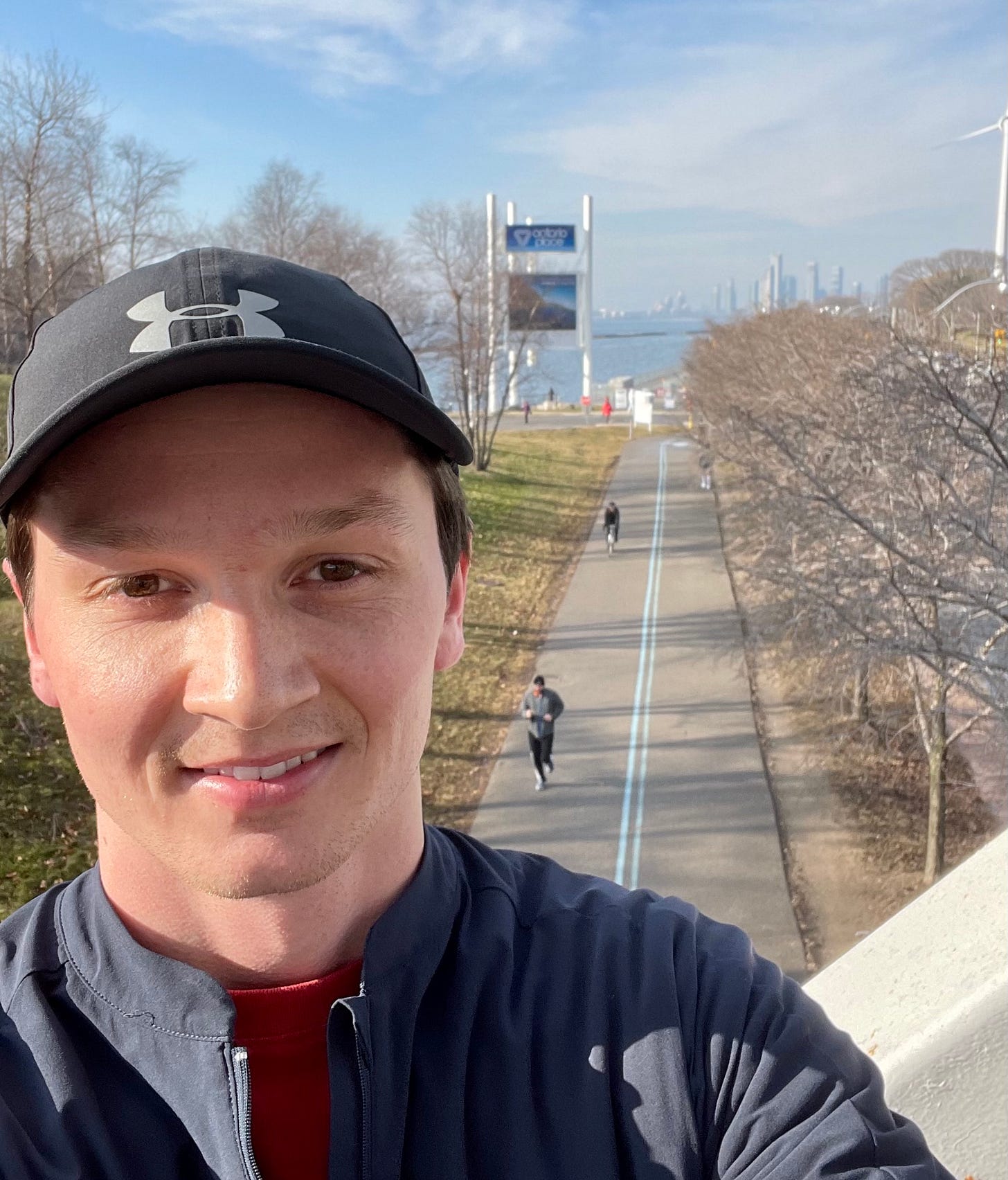Hi friends,
Thoughtful pieces have been written about the post-pandemic future of cities, so I won’t regurgitate something you may have already read here, here, or here. But I can’t get this tweet from 2018 off my mind, “Remote work is the future of affordable housing”. It’s prescient and pithy but if it comes true, we really fucked up.


Kim-Mai Cutler makes two assumptions (1) technology enables information workers to work from anywhere and (2) given more options, a nontrivial number of these tech-enabled workers will move out of big cities.
Covid has largely borne these assumptions out. Zoom kind of sucks, but it mostly works. And as more jobs become remote, many people are leaving major metros.


From these assumptions, Cutler makes two predictions (1) people leaving big cities will move to smaller cities with cheaper housing and (2) this trend will put downward pressure on housing prices in big cities as people leave.
What’s so bad about that? Distributing high earners across lower-income cities could boost local economies and we need more affordable housing in expensive cities.
I think sprinkling high earners across more cities is mostly good. But driving highly skilled people out of our biggest cities in hopes that housing prices collapse is not an affordable housing strategy. Derek Thompson describes this as the urban forest-fire effect.
I thought of a forest fire that rages through the underbrush and leaves a legacy of ash. To look at the aftermath of the fire is to see little but death and ruin. But in time, the equilibrium of the environment is reset. Sunlight reaches the forest floor. New things grow that couldn’t have before the fire changed the landscape.
I would love the artists and weirdos and all of the people who make cities interesting to be able to afford to come back to big cities again but the creative regrowth in Thompson’s analogy requires burning the existing forest to the ground.
This is like saying the Highway Act of 1956 was good for cities because the subsequent decades of downtown disinvestment and suburbanization that led to record crime rates and racial segregation also allowed cool artists to find cheap lofts in the 90s.
It’s like relying on natural herd immunity to reduce the transmission of a virus instead of a vaccine rollout because we wouldn’t need to do much and in the end most people would probably be fine, even if more people died along the way.
If remote work is the primary means through which housing in expensive cities is made affordable, we’ve failed to get out of our own way and reform the land use restrictions that currently limit our ability to build enough housing.
The solution isn’t complicated or particularly difficult. It doesn’t matter whether you want to see public housing or market rate housing. If you accept the need for more housing then we need to reform land use.
We’ve been farming for thousands of years, let’s skip the fire and grow what we need.
Other things to share
Writing twitter threads has been a fun way to practice synthesizing and communicating ideas. Here are two recent threads to check out:
Cities in an era of abundance: "Winners-take-all-urbanism" and big cities have thrived in a world of scarcity over the past two decades. But we've entered an era of abundance with the ability to work from anywhere and author Dror Poleg predicts fierce competition between many more cities to attract an emerging “10x” class.
Designing for complexity: Using the infamous failure of the Pruitt-Igoe public housing project, designer Kasey Klimes illustrates how we can solve complex problems and design cities for people by (1) recognizing complexity (2) building ensembles of wisdom and (3) designing for emergence.
Quick update
Even as someone who enjoys time by myself, the past few weeks of lockdown, cold weather, and living alone have been a bit of a grind. But as much as I’m looking forward to warmer weather, open shops, and seeing more people, there have been benefits to lockdown.
I’ve had more time to dig into new topics and make progress towards running goals that have long eluded me. Last month I ran 5 km in less than 20:00 min for the first time. This puts me squarely in the “sort of quick for an amateur runner” category but it’s a time I’ve been trying to crack for a while.
Here’s my celebratory mugshot along the Martin Goodman Trail at Ontario Place featuring the Etobicoke skyline.
Thanks for reading!
Until next time,
Angus

